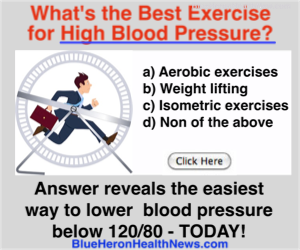As you get older, getting adequate nutrition can be a challenge. Most of the time, older individuals tend to eat less due to loss of appetite or as an effect of certain medications and diseases. As a result, vitamins and minerals also decline. That’s why it is essential for aging adults to boost their levels of vitamins and minerals through supplements.
Below are the supplements that you need to take every day in order to ensure good quality health as you age.
Vitamin D
This is important to help your body absorb calcium for bone health in order to avoid diseases such as osteoporosis and multiple sclerosis. It also reduces the risk for cardiovascular diseases, Type 2 Diabetes and certain types of cancer.
As recommended by the Institute of Medicine, individuals should have a daily intake of 400 IU for those between 50 and 70, and 600 IU for ages after that. Aside from supplements, foods such as salmon, egg and milk are good sources of Vitamin D too, as well as sunlight which converts cholesterol to Vitamin D in the body.
Recent research indicates that vitamin D works better when taken with Vitamin K.
Vitamin B12
According to studies, low levels of Vitamin B12 can lead to poor memory and cognitive decline. It is also a vital nutrient to develop red blood cells and DNA. Some of the rich sources of Vitamin B12 include fish, poultry, eggs, meat and milk products. However, as a person ages, they lose their ability to absorb B12 from food that’s why supplements should be taken.
For individuals over 50 years old, the recommended daily supplement is 25-100 micrograms in order to maintain healthy levels of Vitamin B12 in the body. However, a couple of notes on that: 1) B12 is inexpensive, and 2) subclinical B12 deficiency has many of the same symptoms of various incurable diseases such as MS and ALS.
CoQ10
Coenzyme Q10 is essential for cellular repair growth, optimal functioning of the heart muscle and normalizing the oxidative state of LDL cholesterol. Studies show that age, statin medications and certain diseases such as Cancer, Heart Disease, Parkinson’s and Diabetes result to a decline in the amount of CoQ10 in the body. Natural sources of CoQ10 are red meat, salmon, soybeans, sesame oil, peanuts, walnuts, broccoli, spinach and whole grains.
If are taking a statin, you need a CoQ10 supplement to counteract the statin poisoning.
Keep in mind that before you take any of these dietary supplements, consult with your doctor first.









